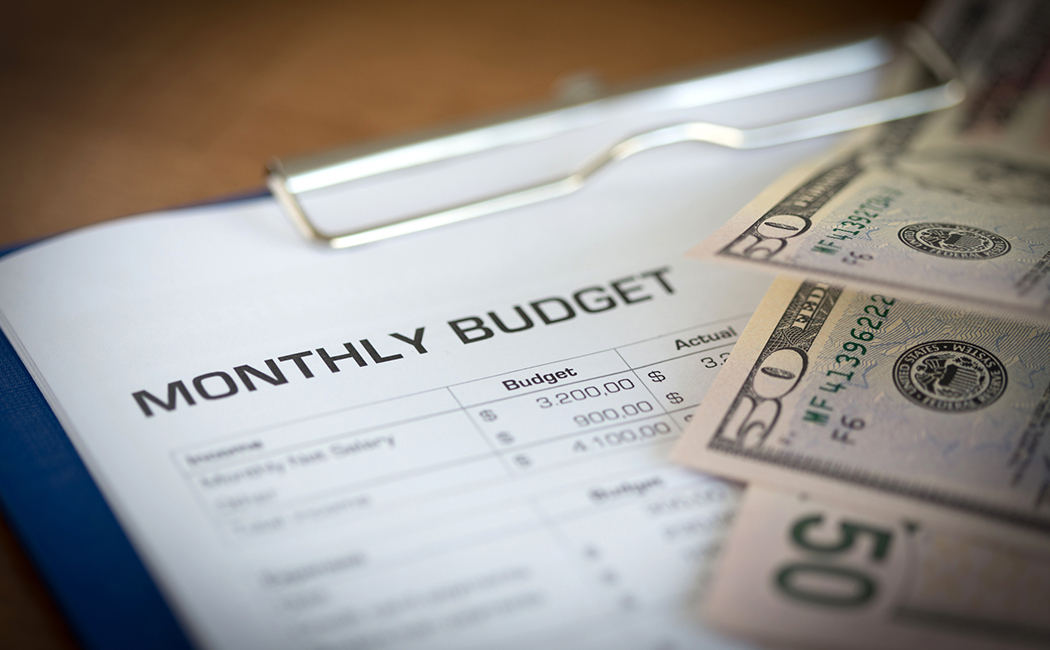Year-End Tax Tips for Veterans and Their Families
As the new year unfolds, it’s a great time to take stock of your finances and prepare for the upcoming tax season. Veterans and their families often qualify for unique tax benefits, deductions, and credits that can make a big difference in maximizing their returns. Whether you’re navigating your taxes for the first time as a Veteran or you’re familiar with the process, staying informed about these opportunities is key to keeping more money in your pocket.
At Veterans Guardian, we’re committed to supporting Veterans in all aspects of their post-service lives, including financial well-being. This guide will walk you through tax tips specifically tailored to Veterans and military families, helping you approach tax season with confidence.
1. Understand Tax-Free Income for Veterans
Veterans often receive benefits that are completely tax-free, which is an important consideration when preparing your returns. Tax-free income may include:
- Disability Compensation: Payments from the VA for service-connected disabilities are not taxable.
- Pensions for Disabilities: Pensions received for disabilities sustained during service are also exempt from federal taxes.
- Veterans Insurance Proceeds: Insurance payouts from programs like the
Servicemembers’ Group Life Insurance (SGLI) or Veterans’ Group Life Insurance (VGLI) are not taxable.
Make sure these income sources are excluded from your taxable income when filing your return. This distinction can lower your tax liability significantly.
For more information, visit the IRS Veterans Tax Resource Page.
2. Claim Deductions for Medical Expenses
If you or your family faced high medical expenses during the year, you may qualify for a deduction. Eligible expenses include out-of-pocket costs for:
- Prescriptions
- Medical equipment
- Travel for medical care (mileage and lodging)
- VA-approved healthcare not covered by benefits
To claim this deduction, your unreimbursed medical expenses must exceed 7.5% of your adjusted gross income (AGI). Keep all receipts and documentation to support your claim.
3. Leverage the Earned Income Tax Credit (EITC)
The Earned Income Tax Credit (EITC) is a refundable credit designed to help low- to
moderate-income workers, including Veterans. Even if your income is low due to a transition out of service or other reasons, you could still qualify.
Eligibility is based on income, family size, and filing status. Veterans who worked during the year, even part-time, should explore this option. Use the IRS EITC Assistant Tool to determine if you qualify.
4. Explore Education-Related Tax Benefits
If you or your dependents pursued education this year, there are tax breaks you may be eligible for, such as:
- The American Opportunity Tax Credit (AOTC): Covers up to $2,500 per year for tuition and related expenses for the first four years of higher education.
- The Lifetime Learning Credit (LLC): Provides up to $2,000 annually for post-
secondary education, including graduate and vocational programs.
Even if your education was funded partially by the GI Bill, you may still qualify for these credits for expenses not covered by VA benefits. Be sure to keep tuition statements and other documentation handy when filing your return.
5. Deduct Military-Related Moving Expenses
If you relocated due to a change in your military assignment or transitioned out of service, your moving expenses may be deductible. While this deduction is limited to active-duty service members moving for duty-related reasons, certain Veterans may also qualify if their move aligns with specific service-related needs.
Eligible expenses include:
- Packing and transportation of belongings
- Travel costs, including lodging during the move
- Shipping of vehicles
For detailed guidelines, refer to the IRS Publication 521.
6. Plan Ahead for Retirement Contributions
Veterans planning for retirement can take advantage of tax-deferred savings through traditional IRAs or maximize tax-free growth through Roth IRAs. Contributions made by the end of the year (or early in the new year before the tax deadline) may reduce your taxable income for 2023.
Special rules apply for Veterans receiving non-taxable disability income. If you qualify, you can still contribute to an IRA, even without taxable earned income, by using your spouses’ income under a spousal IRA.
Learn more about IRA rules for Veterans on the IRS Retirement Savings Contributions Credit page.
7. Capitalize on Homeownership Benefits
Veterans and their families who purchased or owned a home this year may qualify for tax advantages, including:
- Mortgage Interest Deduction: Deduct interest paid on a VA home loan or conventional mortgage.
- Property Tax Deduction: Lower your taxable income by deducting state and local property taxes.
- Energy-Efficient Improvements: If you installed energy-efficient systems like solar panels or upgraded windows, you may qualify for energy tax credits.
Check with your tax preparer or refer to the Residential Energy Credits page for more details.
8. Utilize Tax Preparation Assistance for Veterans
Navigating tax rules can be overwhelming, especially with the unique situations Veterans often face. Fortunately, there are free resources available to help:
- Volunteer Income Tax Assistance (VITA): Provides free tax help to Veterans and their families earning $60,000 or less.
- IRS Free File Program: Allows Veterans to file their taxes for free using online software.
- Local Veteran Service Officers (VSOs): Many VSOs offer tax preparation support tailored to Veterans.
Explore these options to ensure your taxes are prepared correctly and that you’re claiming all the deductions and credits you’re eligible for.
9. Review Tax Exemptions for Military Disability Retirement Pay
If you receive military disability retirement pay, part or all of it may be exempt from federal taxes.
This includes:
- Payments for injuries resulting from active service.
- Payments that fall under VA determinations for service-connected disabilities.
Consult your VA disability rating and tax documents to ensure you’re not paying taxes
unnecessarily on exempt income. Visit the VA Disability Benefits Tax Information page for clarity.
10. Avoid Tax Scams Targeting Veterans
Unfortunately, tax scams often target Veterans with promises of exaggerated refunds or fraudulent claims. Protect yourself by:
- Working with trusted tax preparers.
- Avoiding unsolicited offers to file taxes on your behalf.
- Checking the IRS website to confirm tax preparer credentials.
Stay vigilant and report scams to the IRS using their Scam Reporting Tool.
Tax Preparation Checklist
As you prepare for the tax season, use this checklist to ensure you have everything in order:
- Gather W-2s, 1099s, and other income documents.
- Obtain your VA benefits statement (if applicable).
- Collect receipts for medical expenses, charitable donations, and education costs.
- Review your homeownership records for mortgage and property tax deductions.
- Verify your direct deposit information for faster refunds.
Final Thoughts: Make Tax Season Work for You
Tax planning can be a powerful tool for Veterans and their families to optimize their financial situation. By understanding the unique deductions, credits, and benefits available, you can reduce your tax burden and potentially increase your refund.
For more guidance, explore the IRS Tax Guide for Veterans or consult with a trusted tax advisor. Take advantage of the opportunities available to you and make this tax season work in your favor!










